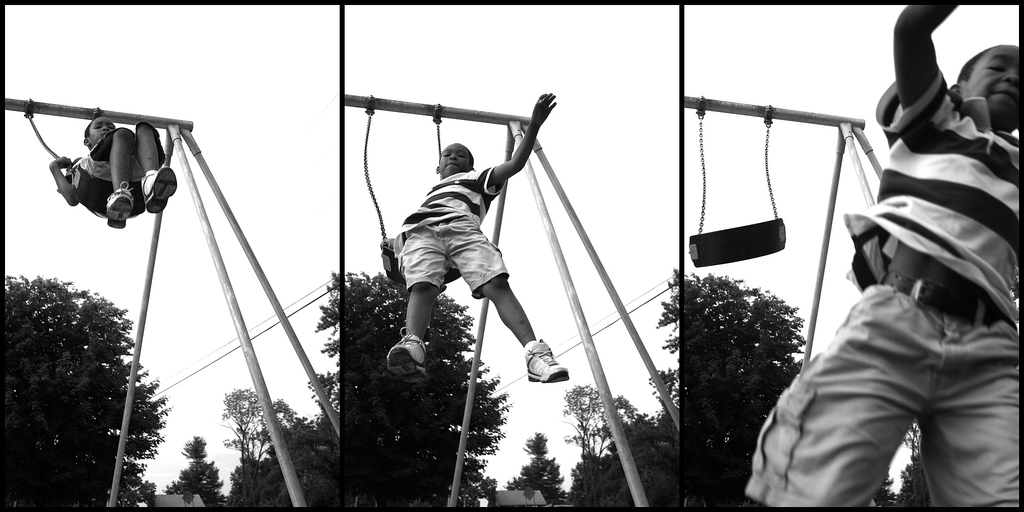From one of our readers:
I like the concept of making agreements with our children, but I need help to make an agreement with my kids for:
- Keeping their hands to themselves (not poking, tickling etc.) when the other says “no.”
- Listening when a person asks them to “stop” something they don't like
How best to phrase our agreement for our book?
Thanks.
Robin
Robin,
This is a great question. Here are some ideas:
- Ask the kids: Involving them in creating the wording of the agreement helps them to understand that everyone in the family is working on this together. Even though you are the adult and have a lot more wisdom and perspective, the “practice” of making agreements together means that you are a team. Asking them how they want to say it, is a starting point for sending the message “we are working on this together”.
- Use positive language: Rather than making an agreement about what kids don’t want, help them come up with what they do want. Rather than “No yelling” say “Use indoor voices. Yelling hurts my ears”. Rather than an agreement about, “Don’t poke me after I’ve told you to stop” maybe it can be about, “Stop means stop.” This is discussed further in the post 5 Mistakes parents make when creating “Agreements” with their kids
- This is the most important part! Identify the unmet need of the poking/tickling child: All behavior is an attempt to meet a need. If an agreement about a behavior (hitting, yelling, poking, tickling etc.) is not working, it’s usually because the child is trying to communicate something, connect with someone, relieve boredom, or get someone’s attention. If you start making observations you’ll begin to come up with theories about why a child is acting a certain way. Maybe you observe and say to yourself, “when she sits down to do her homework and he starts poking her, maybe he wants to play with her?” Then you can have a conversation with your son about it. “I see you’re poking her while she’s doing her homework, what are you really trying to say to her? Are you looking for someone to play with you?” And then working with your son to help him find a more effective way to entertain himself will address the underlying issue. An agreement is a fine place to start with a child’s behavior, but it’s not a “cure all, or a magic wand”. If you want to change a child’s behavior, you’ve got to first uncover the reason for the behavior (and there is always a reason). Once you know the reason for why a child is doing something then you can help them find a way to meet that need. Hopefully you can help him meet the need right there in the present moment. If not, make a plan for how he can do it in the near future and what he can do in the meantime.
Do you have any questions about creating agreements? Have you made agreements that got broken? What happened and what did you do about it? Leave a comment or a question. We read all of them.
Thanks,
Cecilia and Jason









